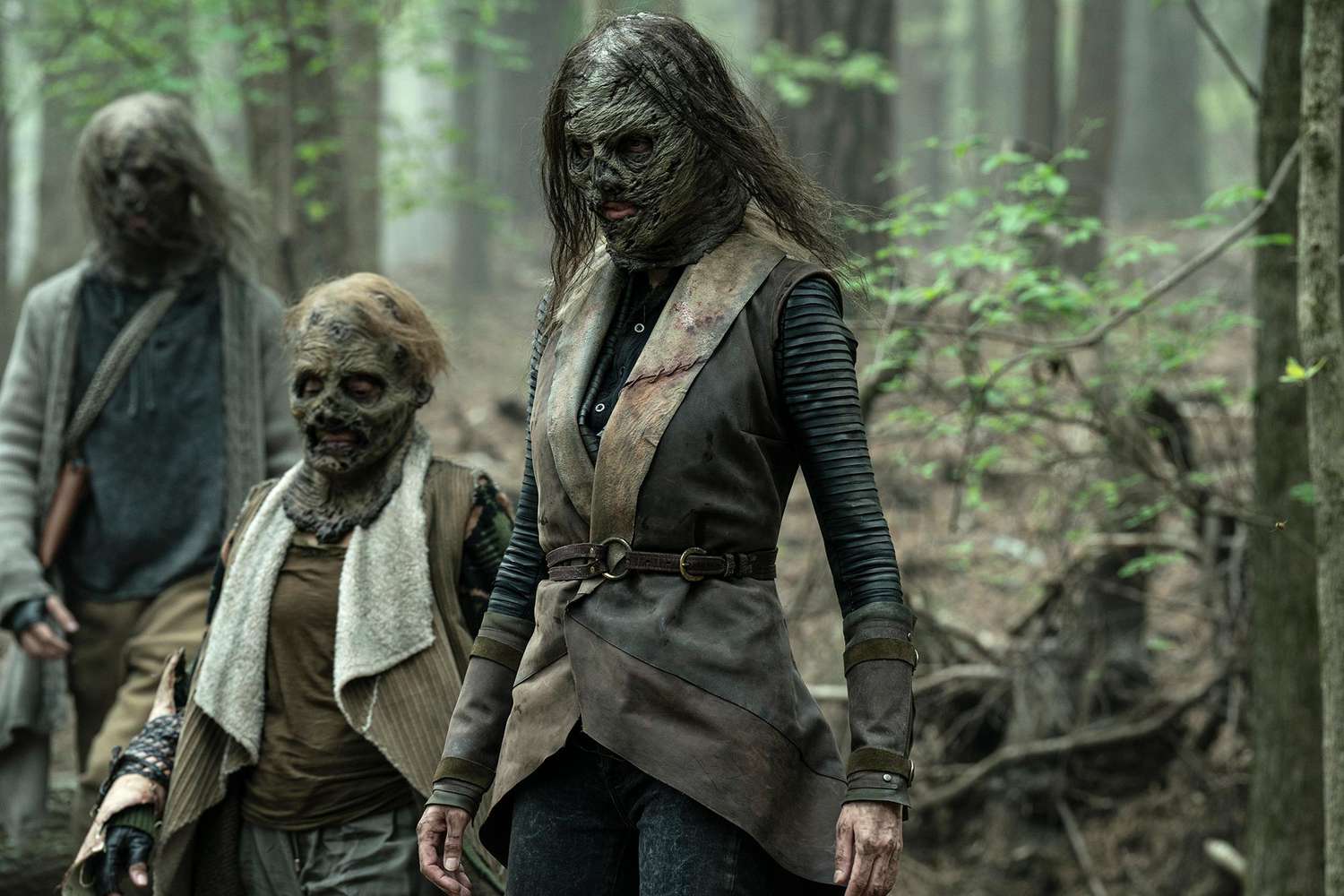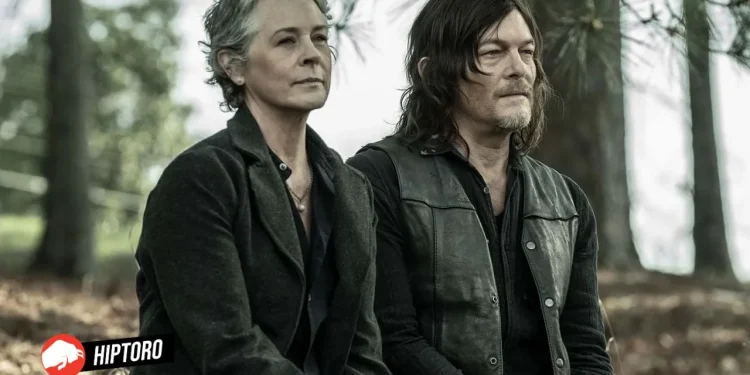The Walking Dead Season 11 brought a fitting conclusion to a saga that had gripped audiences for over a decade. From its inception in October 2010, the series had redefined the zombie apocalypse genre, enthralling viewers with its intricate narratives that delved into the complexities of human survival, morality, and the enduring quest for hope in the face of despair.
As the final season unfolded, fans were treated to a rollercoaster of emotions, experiencing both shock and nostalgia as they bid farewell to beloved characters and witnessed the culmination of long-standing story arcs.

The Decision Behind the End with The Walking Dead Season 11
The journey of The Walking Dead from its inception to its climactic finale in November 2022 is a tale of groundbreaking success and inevitable challenges. Despite the show’s ability to keep viewers on the edge of their seats, AMC made the difficult decision to end the series. This decision was influenced by a mix of declining ratings and the substantial costs associated with producing such an elaborate show. At its peak, the season 6 finale drew in 10 million viewers, a number that dwindled to less than 2 million by the series’ end.
Scott Gimple, the showrunner, encapsulated the bittersweet sentiment surrounding the show’s conclusion, stating in an interview with The Hollywood Reporter, “This came out of conversations with AMC and ultimately they made this call, obviously…It’s incredibly heavy.” The acknowledgment of the show’s end, despite the plans for expansion through spin-offs, underscored the emotional weight of concluding a narrative that had become a significant part of viewers’ lives.
I prayed for this and it happened.
🎥: @WalkingDead_AMC pic.twitter.com/3hCcDfzgwo
— The Walking Dead (@TheWalkingDead) February 12, 2024
A Legacy Continued Through Spin-Offs
While the main storyline of The Walking Dead may have reached its conclusion, the universe it spawned lives on. AMC announced several spin-offs, including Fear The Walking Dead and the prequel Fear The Walking Dead: Dead in the Water, ensuring that the franchise’s rich narrative landscape continues to thrive. These spin-offs promise to keep the spirit of the original series alive, offering new perspectives and stories that expand the The Walking Dead universe.

Reflections on a Missed Season 12
The news of the series’ end before season 12 came as a surprise, especially considering past enthusiasm for the show’s future. David Alpert, a producer on the series, once shared optimism about the show’s longevity, indicating plans for beyond The Walking Dead Season 11. This enthusiasm highlighted the creative team’s dedication to the series and its storyline, making the absence of a season 12 all the more poignant for fans and creators alike.

The Final Chapter: The Walking Dead’s Conclusive Arc
The Walking Dead Season 11 offered a fitting end to a saga that had captivated audiences for over a decade. The final episodes brought closure to the series’ enduring conflicts, with characters like Negan and Maggie Rhee confronting their pasts, and the downfall of Governor Pamela Milton marking a turning point for the Commonwealth. The series finale, “Rest in Peace,” not only provided a conclusive battle but also a reflective dinner scene that underscored the themes of community and survival that had been central to the show.
In the end, The Walking Dead may not have ventured into season 12, but its impact on the landscape of television and the zombie apocalypse genre is indelible. The series’ conclusion marks not just the end of an era but also the beginning of new narratives within its universe, promising that the spirit of The Walking Dead will continue to haunt and inspire for years to come.










